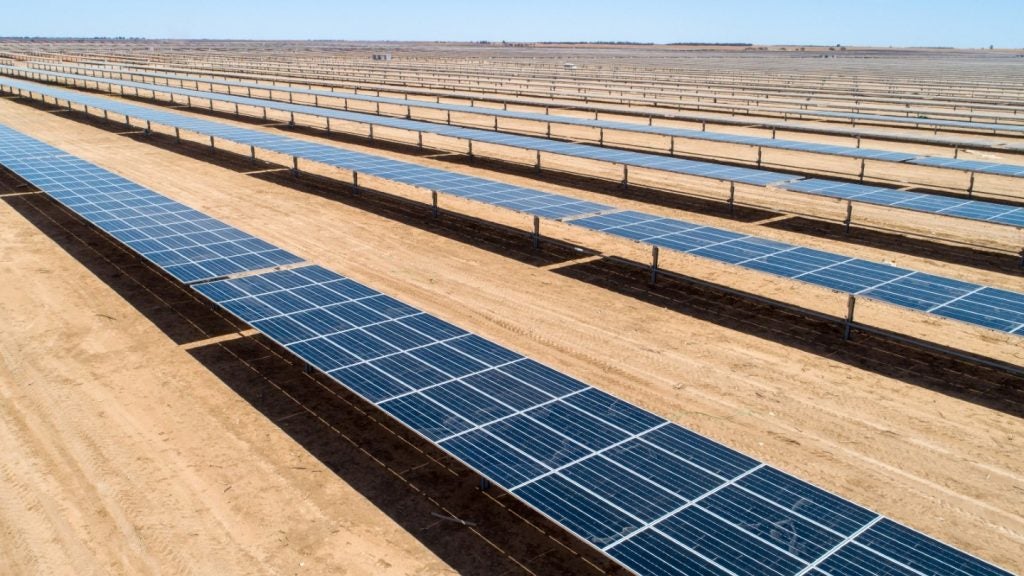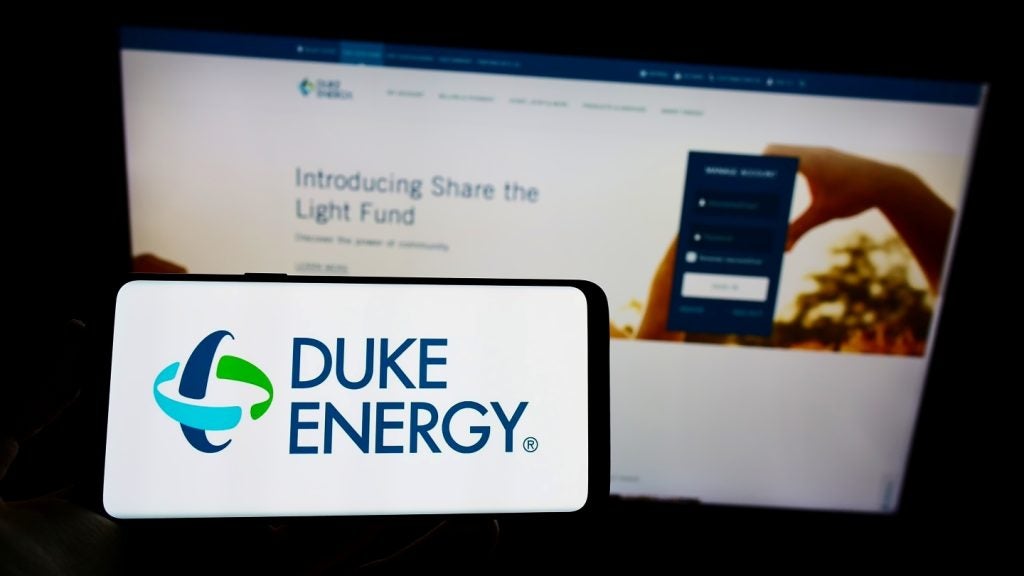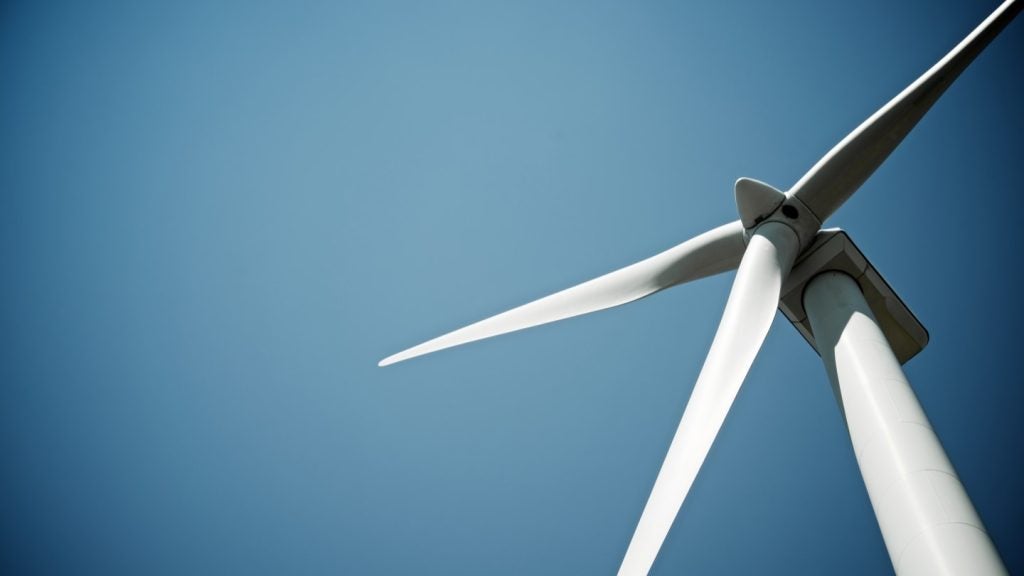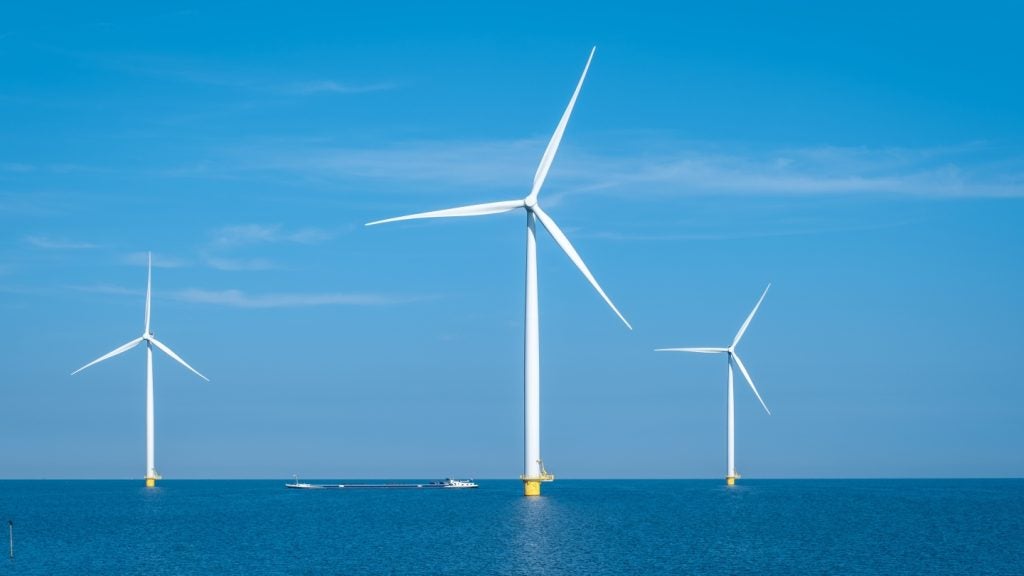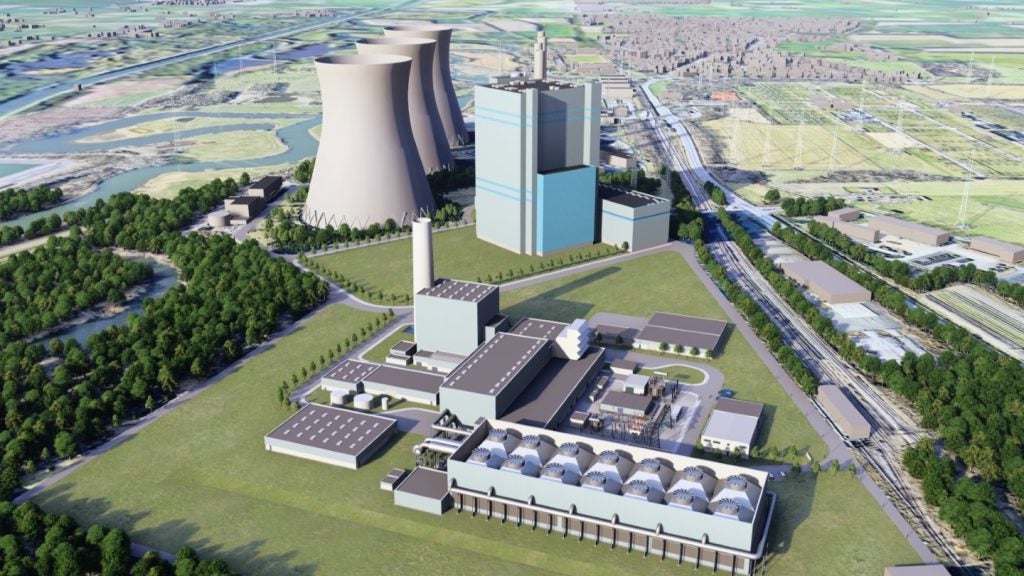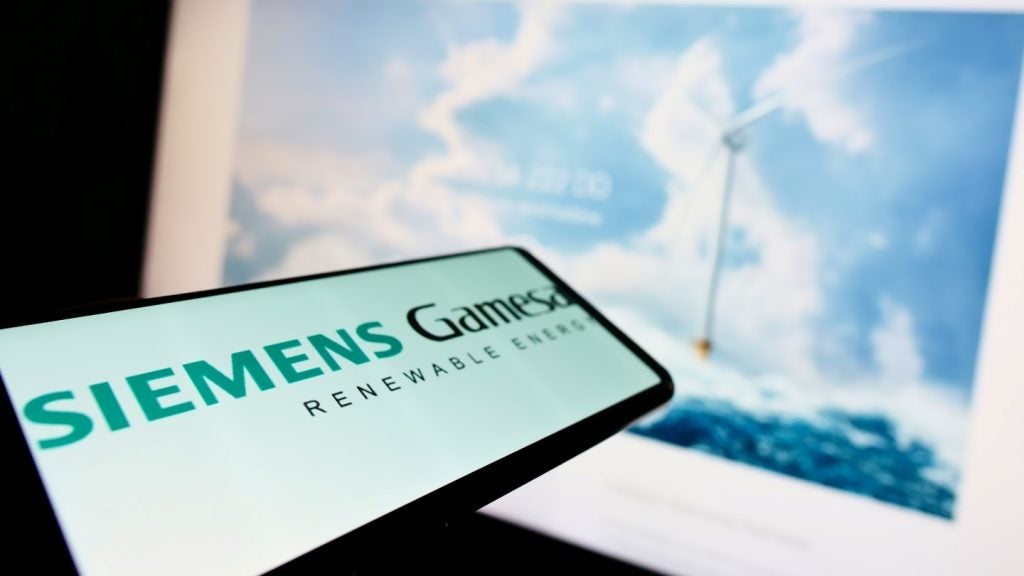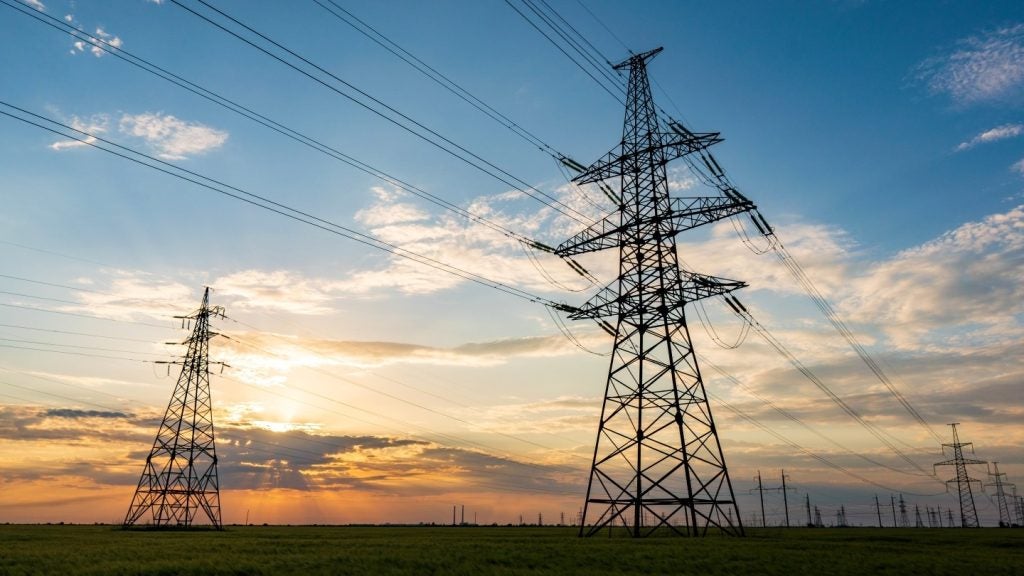German utility RWE has announced its investment decision to construct Australia's inaugural eight-hour battery energy storage system (BESS) in New South Wales.
The project, adjacent to an existing solar farm near Balranald, will feature a capacity exceeding 50MW and 400 megawatt hours.
RWE's 50MW Limondale BESS, a lithium-ion storage facility, emerged as the sole successful project in New South Wales’ initial long-duration storage long-term energy service agreements tender.
The project has secured a long-term energy service agreement and is set to commence construction in the second of 2024, with plans for commissioning by the end of 2025.
It will be located next to RWE's 249MW Limondale solar farm, allowing for seamless integration with existing grid infrastructure.
The Limondale BESS is designed to bolster the energy transition by storing surplus renewable energy and supplying it to the New South Wales grid when demand peaks.
Tesla has been appointed as the supplier for the BESS, while local energy solutions provider Beon Energy Solutions will handle the balance of plant delivery.
This encompasses all necessary civil, structural, electrical and control works to connect the megapack to the current 33kV substation.
RWE Renewables Europe & Australia CEO Katja Wünschel stated: “RWE’s investment decision and signing of supplier contracts for the Limondale BESS project is an exciting step forward in our commitment to the Australian renewables sector and support of New South Wales’ renewable energy ambitions.
“As a battery storage pioneer, RWE develops, builds and operates innovative and competitive battery storage systems in Europe and the US, and soon here in Australia. We look forward to continuing to work with all stakeholders to help realise the country’s renewable energy goals.”
RWE's engagement in Australia dates back to 2013, with the Limondale solar farm's construction commencing in 2018.
The solar farm consists of 872,000 panels and is capable of powering approximately 105,000 homes annually. It reached full commercial operation in 2021.


